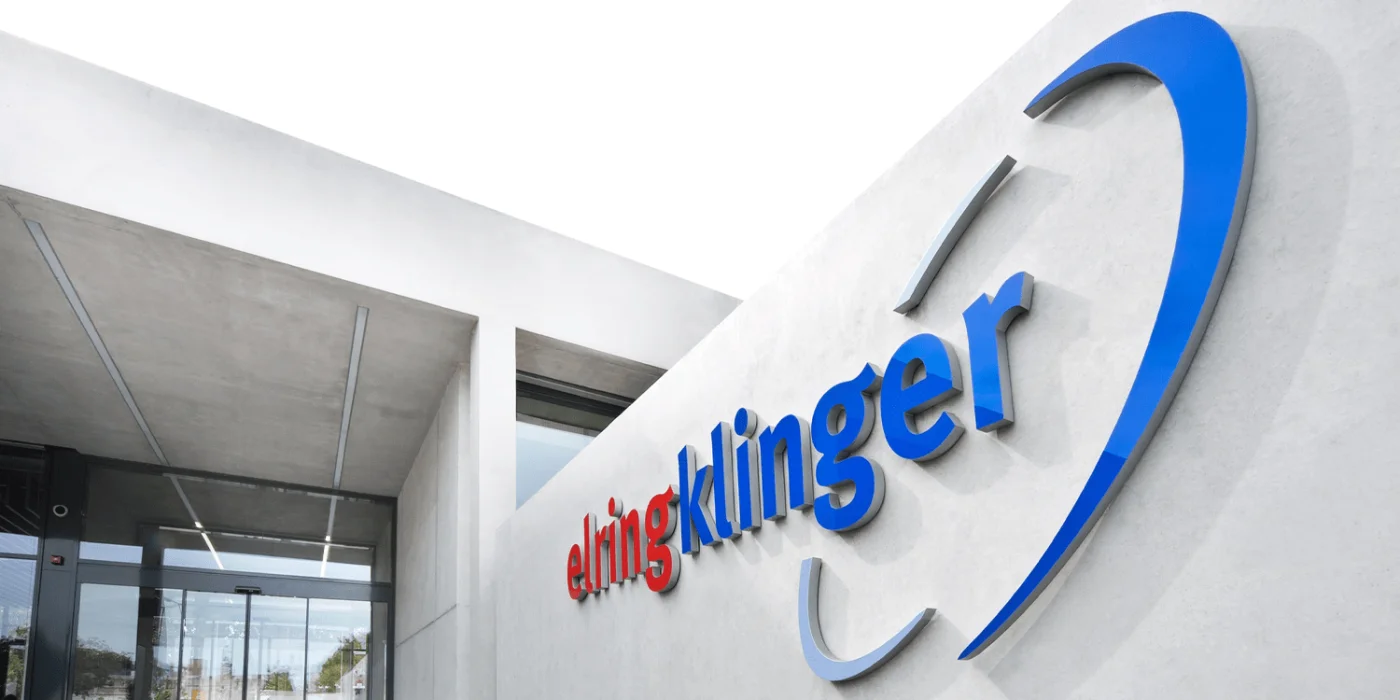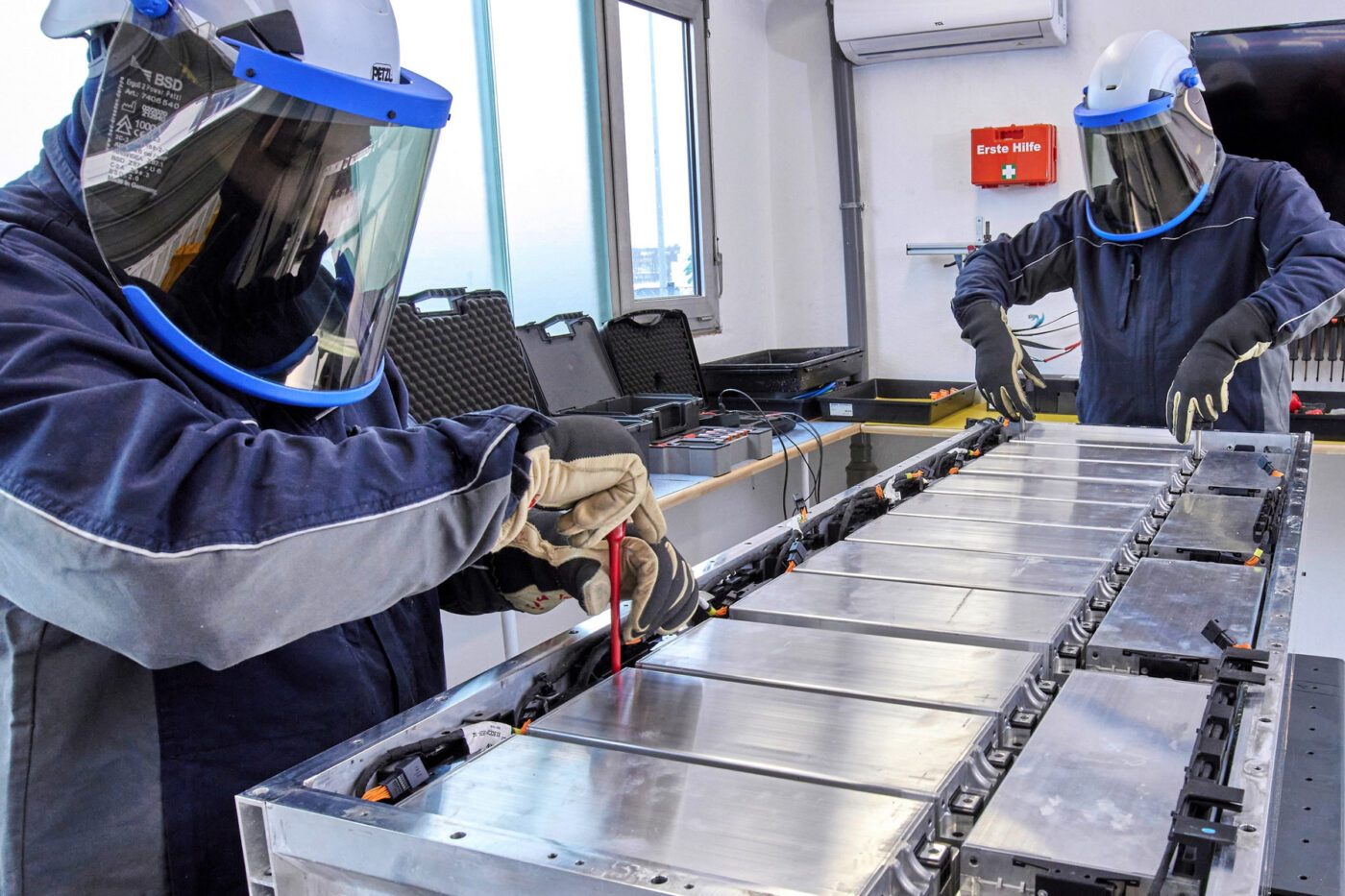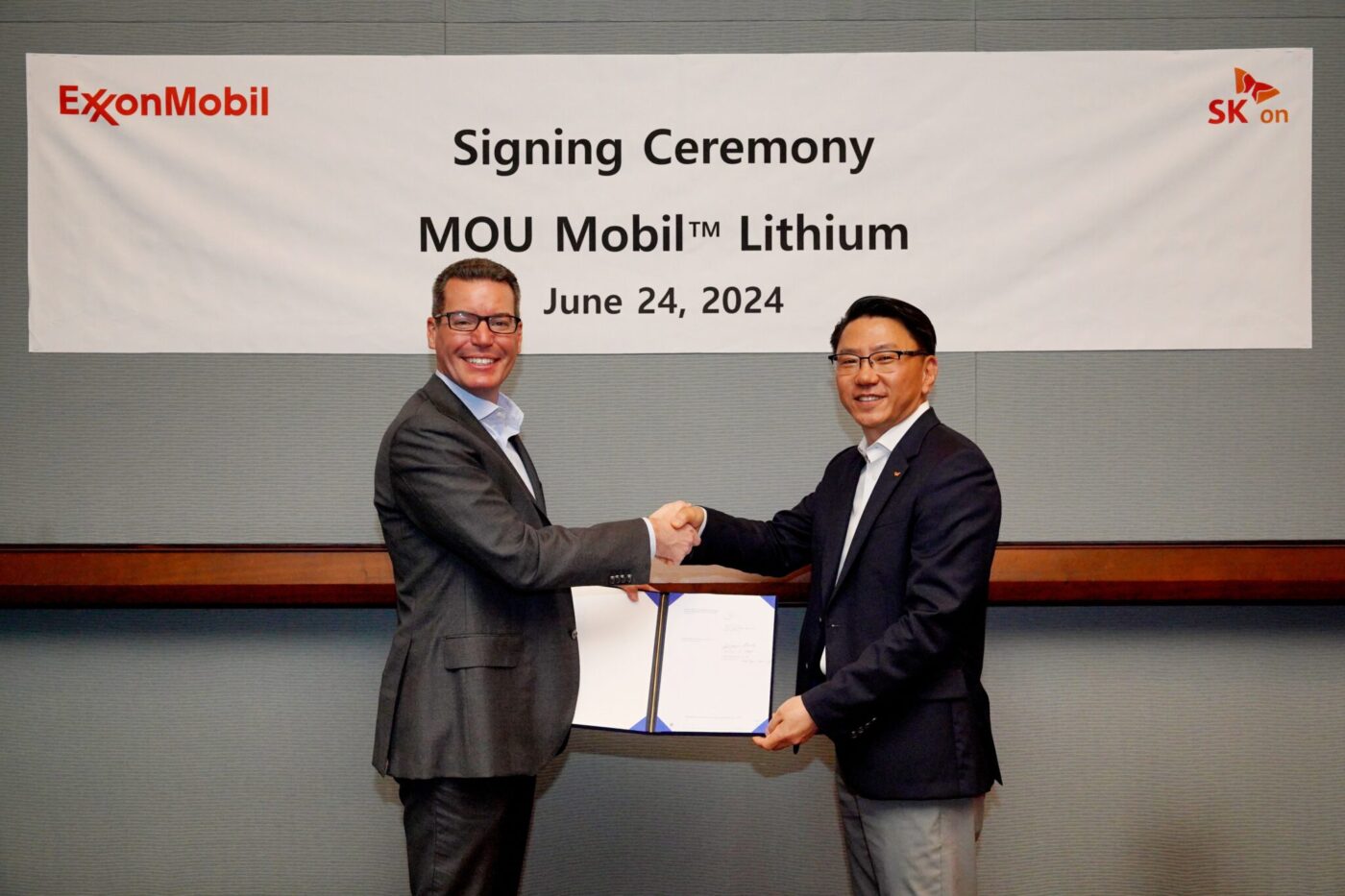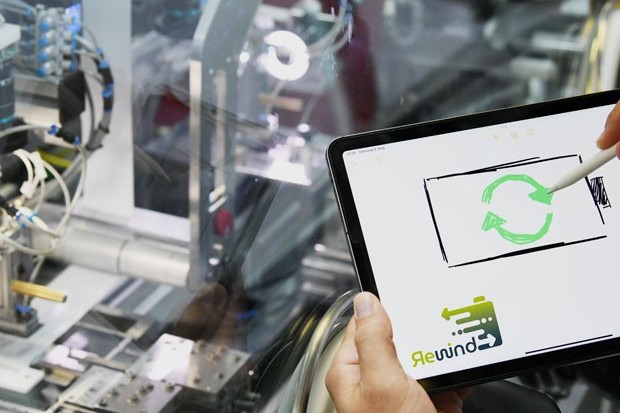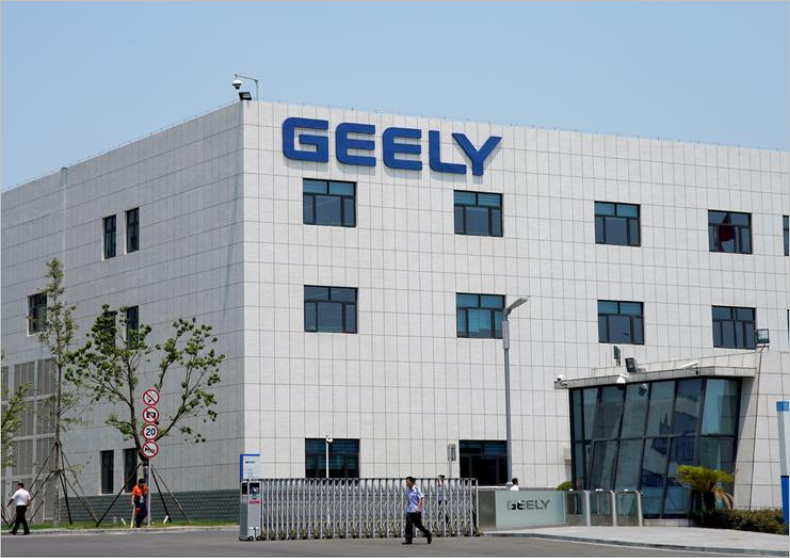German chemicals giant BASF and French mineral recovery and processing company Eramet have decided to shelve their plans to invest in a nickel-cobalt refinery complex in Indonesia for electric vehicle batteries.
BASF announced the discontinuation of all ongoing evaluation and negotiation activities for the Weda Bay project. The companies had been considering a $2.6 billion investment in a nickel-cobalt refinery in Indonesia since the beginning of 2023. The first agreement between BASF and Eramet to jointly determine the potential of such a plant dates back to 2020.
See also: BASF and WHW Recycling Collaborate to Boost Sustainability in Battery Cell Production
Anup Kothari, Member of the Board of Executive Directors of BASF SE, stated, “After a thorough evaluation, we have concluded that we will not execute the nickel-cobalt refining project in Weda Bay. Since the inception of the project, the global nickel market has changed significantly.” Kothari further explained that BASF’s supply options have evolved, and with that, BASF’s availability of battery-grade nickel, leading to the decision to discontinue the project.
Eramet issued a short statement saying, “After a thorough evaluation, including discussions about project execution strategy, both partners have decided against this investment.”
See also: BASF Opens Metal Refinery for Battery Recycling in Germany
The decision to halt the project could be connected to indications of delay that emerged in early 2023 when the then BASF CEO Martin Brudermüller mentioned that a decision should be made in the first half of 2023, which did not happen. Brudermüller’s contract expired in spring 2024. BASF did not mention in its statement whether there is a connection between the change of CEO to Markus Kamieth and the decision against the project in Weda Bay.
Neither company indicated that their halted plans had been influenced by the controversy surrounding nickel sourcing in Indonesia. In January this year, a report highlighted issues of land grabbing, coercion, and intimidation of Indigenous Peoples and other communities near smelting operations in Indonesia. However, both companies stated they are still interested in sourcing nickel from Indonesia.
For its part, BASF stated it does not want to completely dispense with raw materials from Indonesia; they just do not have to come from its own refinery. “A secure, responsible and sustainable supply of critical raw materials for the production of precursor cathode active materials, which may also originate from Indonesia, remains crucial for the future development of our battery materials business,” said Daniel Schönfelder, Head of BASF’s Catalysts division.
See also: BASF Unveils Restructuring Plans with Emphasis on Advancing Battery Business
Eramet’s Group Chief Development Officer, Geoff Streeton, remarked, “Indonesia is poised to play a pivotal role in the future of the overall global nickel market.” Eramet remains focused on optimizing the resource potential of the Weda Bay mine sustainably.
As part of its battery materials division, BASF plans to rely on its own sourcing team, which focuses on the management of metals and precursors as well as trading. The company has also been increasingly focusing on battery recycling to supply at least some of its battery materials, aiming to dispense with long supply chains and geopolitical stressors.


